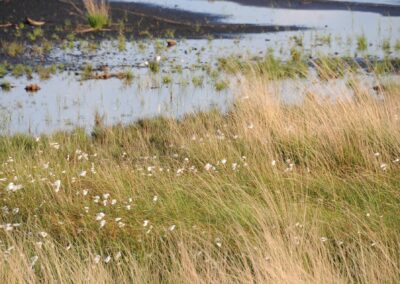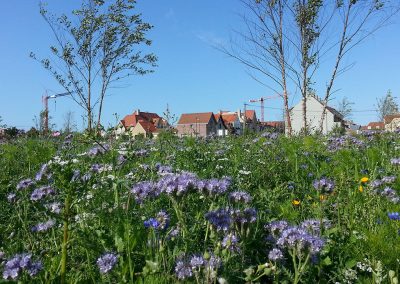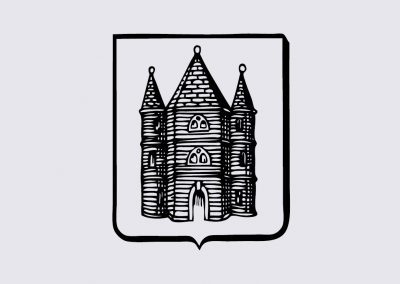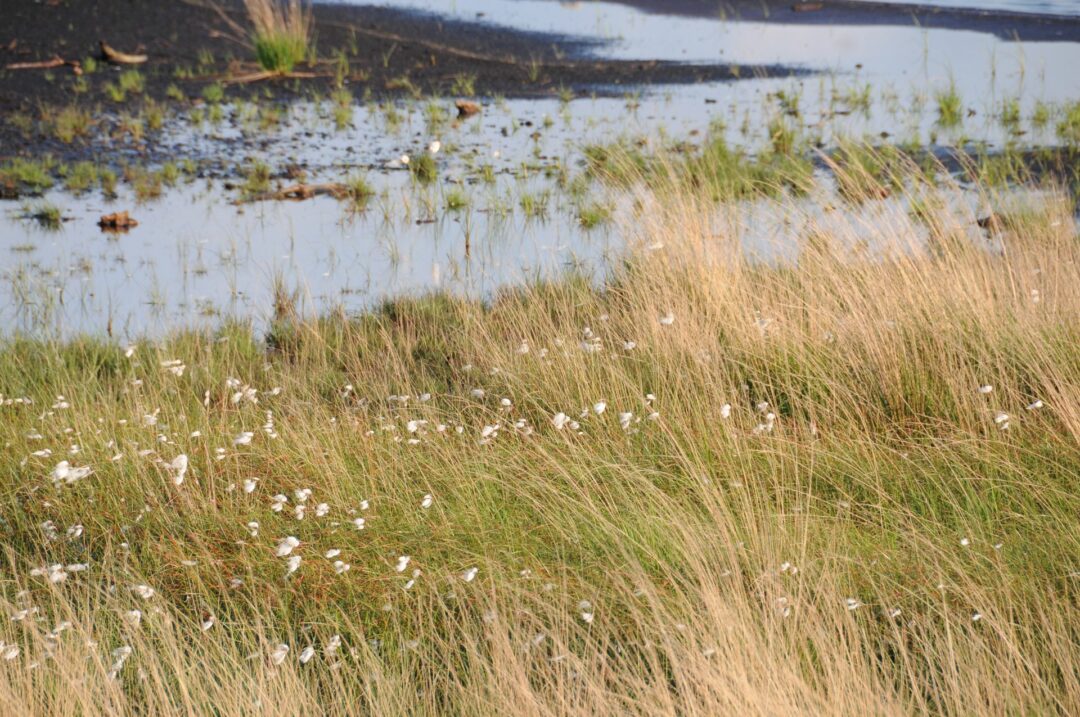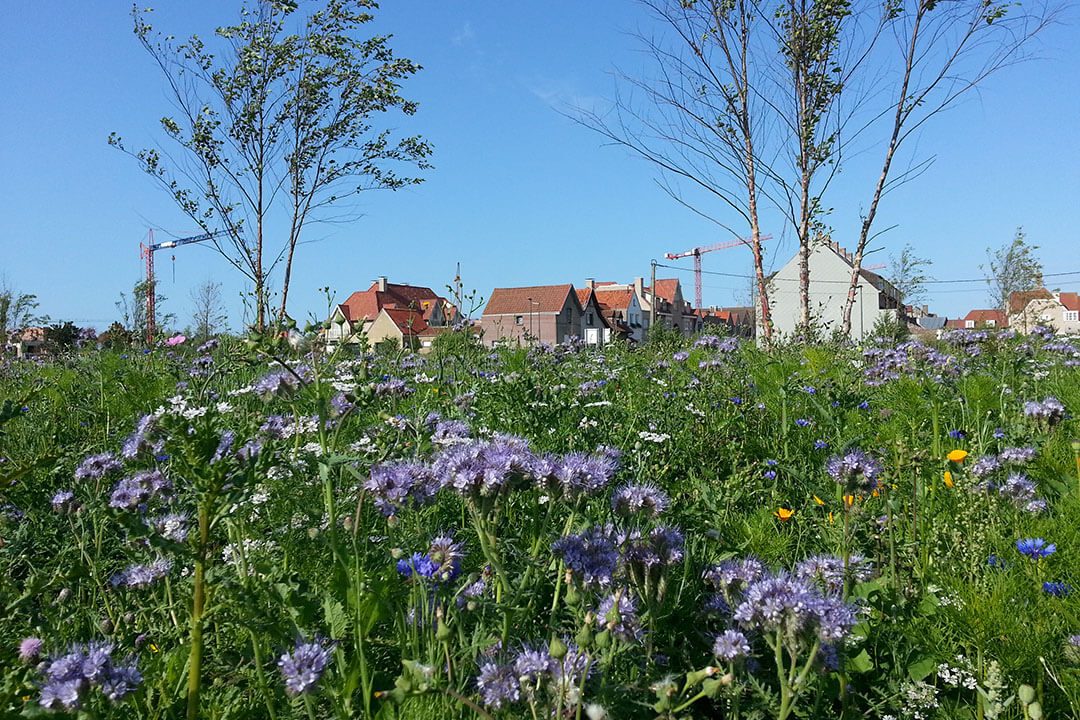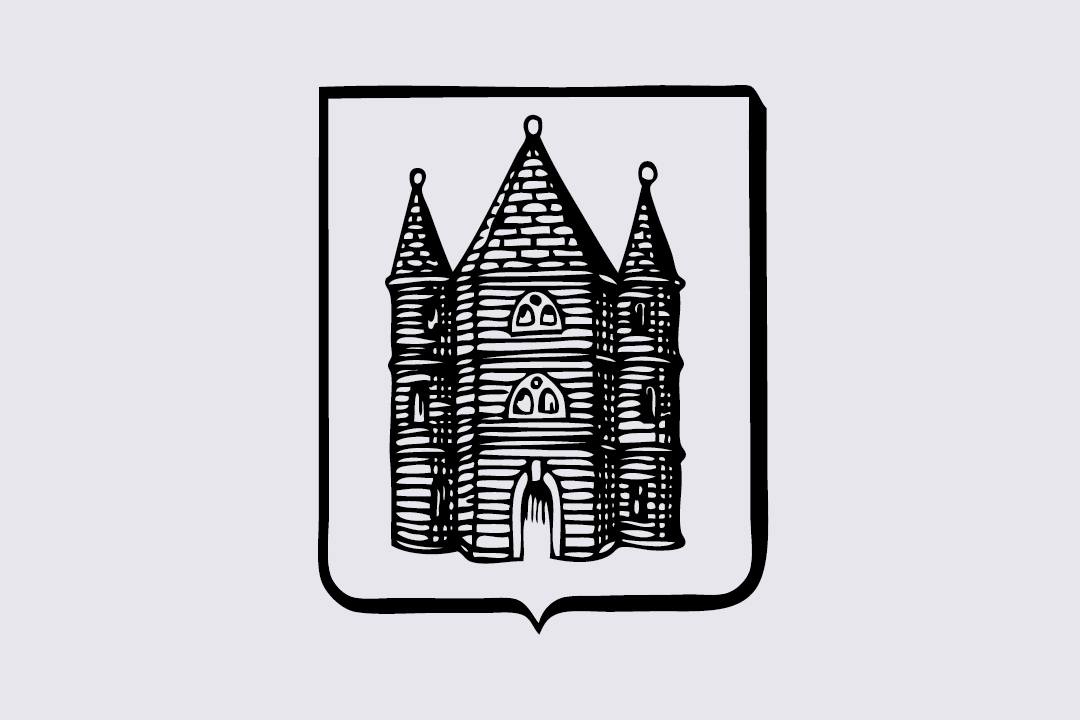Cities & territories
Smart cities & land-use planning
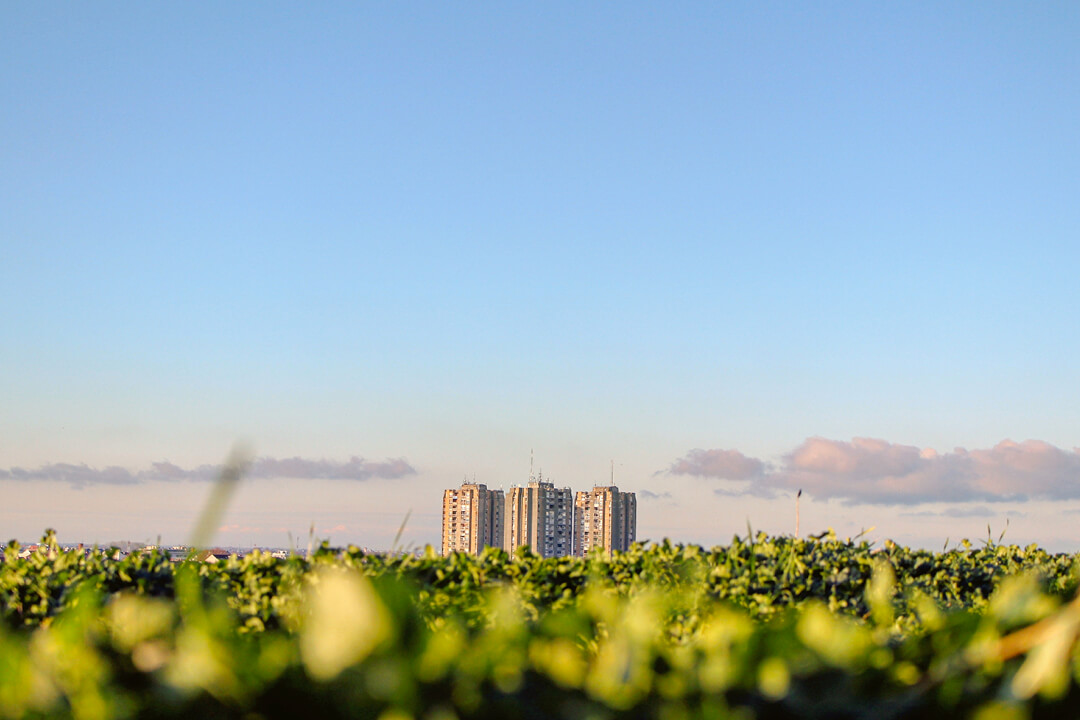
Requirements
- Meeting the smart city development requirements.
- Identifying the areas where efforts need to be concentrated at an urban or regional level.
- Ecological and technical innovation, collection and interpretation of urban/regional data.
- Environmental project that engages the local community and makes them aware of the need to respect biodiversity, of a sustainable urban supply, of the need to limit the use of pesticides, …
- Model city in terms of air quality and biodiversity.
- Concrete measures that have an impact that can be communicated.
Customer returns
-
A substantive change in the environment with less pollution and an ecosystem whose richness is recognised.
Enhanced attractiveness of the city. - Limit on the cost of environmental management thanks to targeted decisions.
- A project embraced by the population who have become its ambassadors with wide recognition towards the decision-makers.
- A multi-award-winning project and tremendous visibility for the city (Flanders’ most bee-friendly city).
- Involvement of many stakeholders (hundreds of citizens, farmers, schools…).
Achievements
Monitoring
- An analysis of the area by means of mapping tools BeeOdiversity developed that make it possible to identify areas at risk (e.g.: from industrial pollution, agricultural pollution…) or ecologically valuable areas that need to be protected (e.g.: ecological corridor, nature reserve…) to pin-point the priority areas crying out for action.
- BeeOmonitoring through bees (700 ha per site) to analyse the priority areas in greater detail in terms of pollutants, plant diversity and the quality of the ecosystem.
Advice and simulation
- Implementation of a programme involving the local players to reduce pollutants and enhance biodiversity.
- Plant biodiversity strategy for a specific coastal system, specifications and budget.
Measures
- Planting schemes that foster biodiversity and sustainable agriculture.
-
Educational and training courses on biodiversity, pollination, agriculture and sustainable food. Awareness-raising events in schools. Training of nature guides and beekeepers.
- Communication plan and media contributions.
Pour changer demain, contactez-nous aujourd’hui
Vous voulez aussi agir pour la biodiversité et créer de la valeur ? Vous avez un projet ou vous désirez plus d’informations sur notre approche et nos services ?
Complétez le formulaire ci-dessous et nous vous recontacterons rapidement.
Pour tous les pays : +32 2 428 00 82
Pour la France : +33 6 21 76 65 75
Pour l’Angleterre : +44 751 449 18 28
Chaussée de Namur 143
1402 Thines
Avenue des Ajoncs 25
1150 Bruxelles
Belgique
